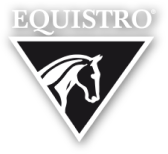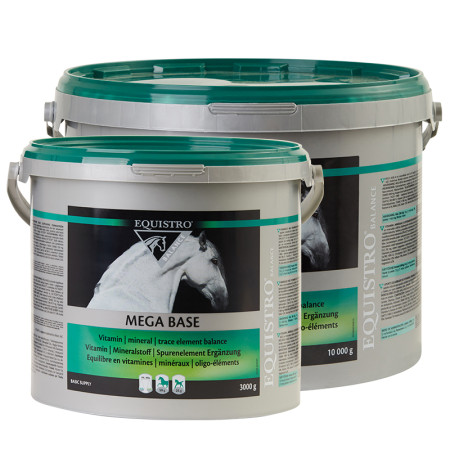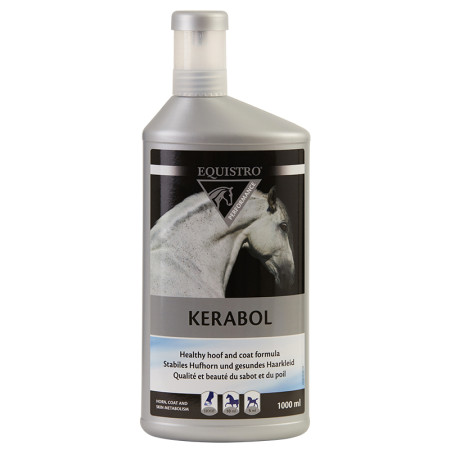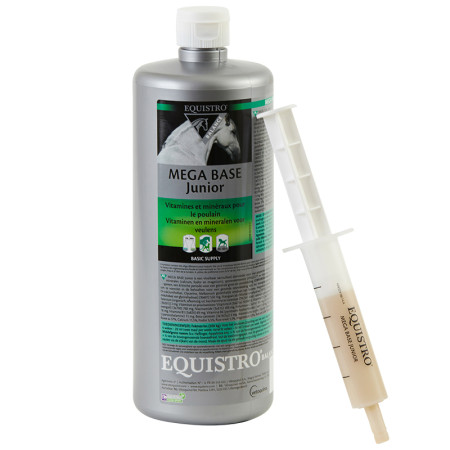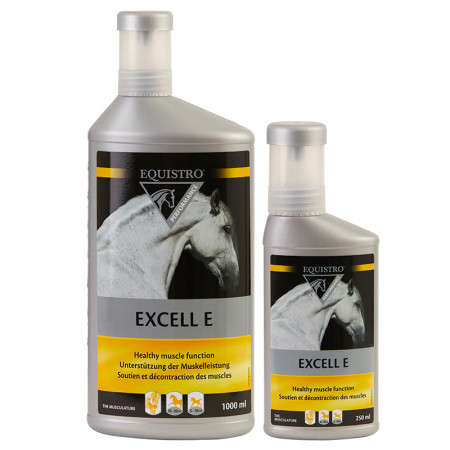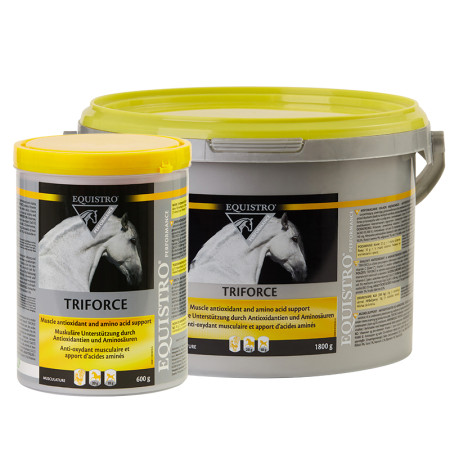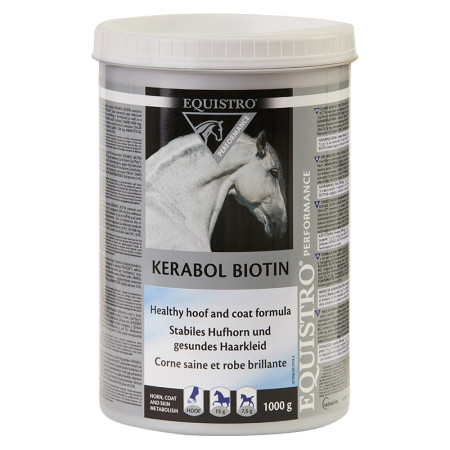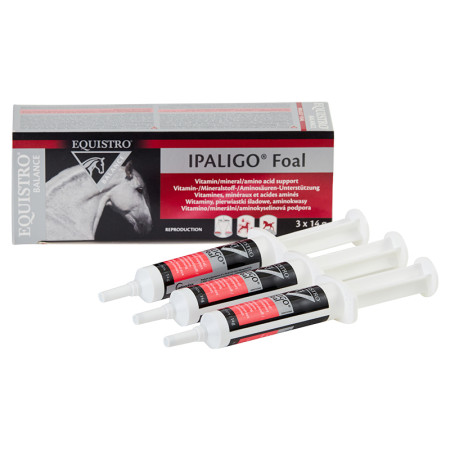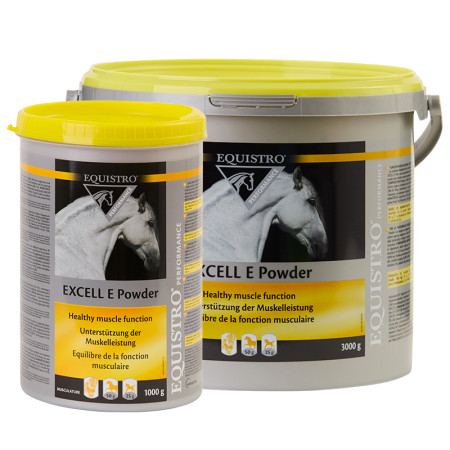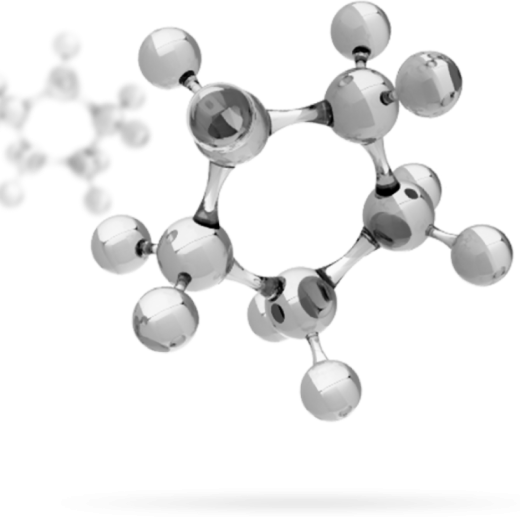
Selenium
Sources
The selenium content in forage varies considerably depending on the soil, fertilization intensity, stage of vegetation or type of preservation. Overall, an adequate selenium intake cannot be assumed on typical pasture sites in industrialized nations. Cereal grains also generally have a low selenium content. To prevent selenium deficiency, mineral or supplementary feeds containing selenium are essential.
Daily requirements
The horse's daily selenium requirement is 0.1 mg/kg dry matter feed, whereby the daily supply recommendation is 0.2 mg/kg dry matter feed in order to prevent a deficit.
For a horse with a body weight of 500 kg that means a daily intake of 1.1 mg with moderate work intensity.
Deficiency
An undersupply of selenium generally weakens the body's defense against infection. Fetuses and newborns in particular can react to a selenium deficiency with severe disorders. These include degenerative heart muscle and skeletal changes, sucking difficulties, a stiff gait, lameness and painful muscles.
Excess
At levels of 2 mg selenium per kg dry matter feed, symptoms of poisoning are to be expected, which can manifest themselves in hair loss, impaired keratin metabolism and non-specific lameness. Chronic selenium toxicity is characterized by alopecia (mane and tail) as well as cracking of the hooves around the coronary band.
Important to know
The simultaneous intake of large amounts of protein or sulphur increases the selenium requirement
